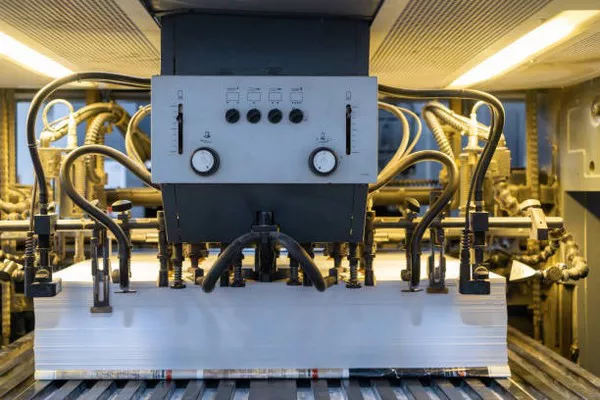In times of power outages or emergencies, having a reliable generator can be a lifesaver. However, selecting the right size generator for your home is crucial to ensure that it meets your power needs without overloading or underperforming. In this guide, we will explore the factors that determine the size of the generator you need to run your house seamlessly.
Understanding Power Requirements
Before delving into the technicalities of generator sizing, it’s essential to understand your home’s power requirements. Your electrical appliances and systems have specific power demands measured in watts (W) or kilowatts (kW). To calculate the total power needs of your house, create a list of all the appliances and devices you would like to power during an outage and note their power ratings.
Consider both the running and starting wattages of your appliances. Some devices, such as refrigerators and air conditioners, have higher starting wattages than their running wattages. By adding up these values, you can estimate the total wattage your generator needs to support.
Generator Sizing Basics
Generators are typically rated in kilowatts (kW) and come in various sizes to accommodate different power needs. To determine the right size generator for your home, consider both the continuous or running load and the starting load of your electrical devices.
Running Load: This refers to the continuous power required to keep appliances running once they’ve started. It’s the sum of the wattages of all the devices that will be powered simultaneously.
Starting Load: Also known as the surge or peak load, this is the additional power required to start devices with electric motors, such as refrigerators or air conditioners. Starting loads are typically higher than running loads and are crucial when sizing a generator.
Calculating Total Power Requirements
To find the appropriate generator size, add the running and starting loads of all your appliances. This will give you the total power requirement your generator must meet. Keep in mind that not all devices will be turned on simultaneously, so you may not need a generator with a capacity equal to the sum of all your devices’ power ratings.
For example, if the running load is 4,000 watts and the starting load is 8,000 watts, the generator size should be able to handle both loads simultaneously.
Consider Additional Factors
Apart from the total power requirements, several other factors can influence the size of the generator you need:
Fuel Type: Generators can run on various fuels such as gasoline, propane, or diesel. Consider the availability and cost of fuel in your area, as well as the generator’s fuel efficiency.
Altitude: Generators’ performance can be affected by the altitude at which they are operating. At higher altitudes, the engine’s power output may decrease, so you might need a larger generator to compensate.
Temperature: Extreme temperatures can also impact a generator’s performance. Cold weather can make it harder to start the engine, while high temperatures can reduce the generator’s overall efficiency.
Generator Type: Different types of generators, such as portable generators or standby generators, have distinct features and capabilities. Assess your needs and lifestyle to determine the most suitable type for your home.
Consult with a Professional
While online calculators and guidelines can provide a starting point for determining generator size, it’s advisable to consult with a professional electrician or generator specialist. They can conduct a thorough assessment of your home’s electrical system, taking into account factors like power quality and the specific requirements of essential appliances.
A professional assessment ensures that you get a generator that not only meets your current needs but also allows for future expansion or changes in your household’s power requirements.
See Also: What Size Generator Do I Need To Run A House?
Conclusion
Choosing the right size generator for your home is a critical decision that requires careful consideration of your power needs, the type of appliances you want to power, and various environmental factors. By calculating both running and starting loads and factoring in additional considerations, you can make an informed decision that ensures your generator will provide reliable power during outages. Remember to consult with professionals to guarantee a safe and efficient installation tailored to your specific requirements.

